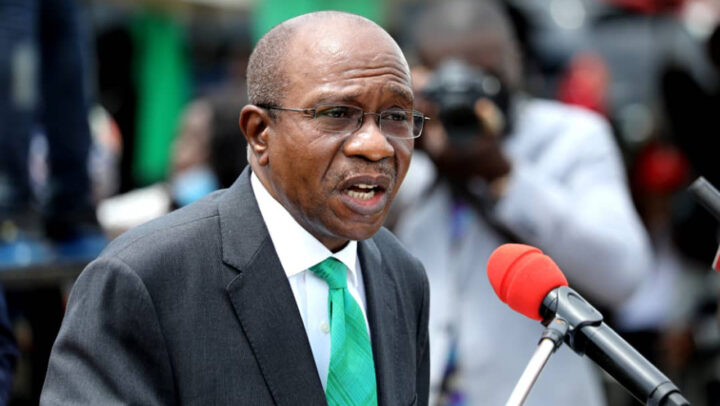The Central Bank of Nigeria (CBN) has released an exposure draft of the guidelines for the regulation of representative offices of foreign banks in Nigeria.
CBN said this in a circular dated October 12, 2022 and signed by Chibuzo Efobi, director, financial policy and regulation department.
An exposure draft is a document published by regulators of financial institution like the CBN, to solicit public comments on proposed regulations.
The recent circular was addressed to stakeholders, the general public, particularly the representative offices of foreign banks.
Advertisement
A representative office of a foreign bank in Nigeria is a liaison office of the foreign bank licensed by the CBN, whose sole object is to market the products and services of its foreign parent as well as serve as liaison between its foreign parent and local banks, other financial institutions, private companies and the general public.
The CBN said representative offices of foreign banks play a vital role in promoting the parent company’s brand and services.
It added that they can also encourage foreign direct investment by connecting capital to numerous investment opportunities in the host country.
Advertisement
“The Central Bank of Nigeria (CBN) is empowered by section 8 of the banks and other financial institutions act 2020 (BOFIA) to mandate foreign banks to seek prior approval of the CBN before they can operate in Nigeria,” the circular reads.
“This provision, coupled with requests from foreign banks, law firms, and financial consultants, among others, on the requirements for operating representative offices of foreign banks in Nigeria, has made it pertinent to develop guidelines prescribing the regulatory requirements.”
“Accordingly, the draft guidelines have been developed to provide guidance to stakeholders, particularly foreign banks, seeking to operate in Nigeria.
“An exposure draft of the guidelines is hereby issued for comments and observations. The document may be accessed from the bank’s website. www.cbn.gov.ng.”
Advertisement
According to the guidelines, an approved representative office is barred from carrying out banking business in Nigeria.
This, it said, implies that they are restricted from receiving deposits or current account, savings account or other similar account, paying or collecting cheque drawn by or paid in by customers, provision of finance or such other activity designated as banking business by the CBN.
Listing other non-permissible activities for representative offices of foreign banks, the apex bank said they must not engage in the “provision of any commercial or trading activity that may lead to the issuance of invoices for services rendered; and acceptance of orders on behalf of the foreign parent; engage directly in any financial transaction.’’
According to the circular, permissible activities include: marketing the products and services of its foreign parent or an affiliate of the foreign parent licensed and domiciled outside Nigeria.
Advertisement
“Carrying out research activities in Nigeria on behalf of the foreign parent,” it added.
“Serving as a liaison between the foreign parent and local banks, private institutions within Nigeria and other customers of the foreign parent based in Nigeria.
Advertisement
“Pursue business opportunities for the foreign parent or affiliated institutions regarding the availing and/or syndication of foreign currency denominated loans.
“Connect banks and other financial institutions to its foreign parent; among others.”
Advertisement
Specifying the financial requirements for foreign banks seeking to establish a representative office in Nigeria, the CBN said they are required to pay N5 million non-refundable application fee and N10 million non-refundable licensing fee – N15 million in total.
Advertisement
Add a comment






